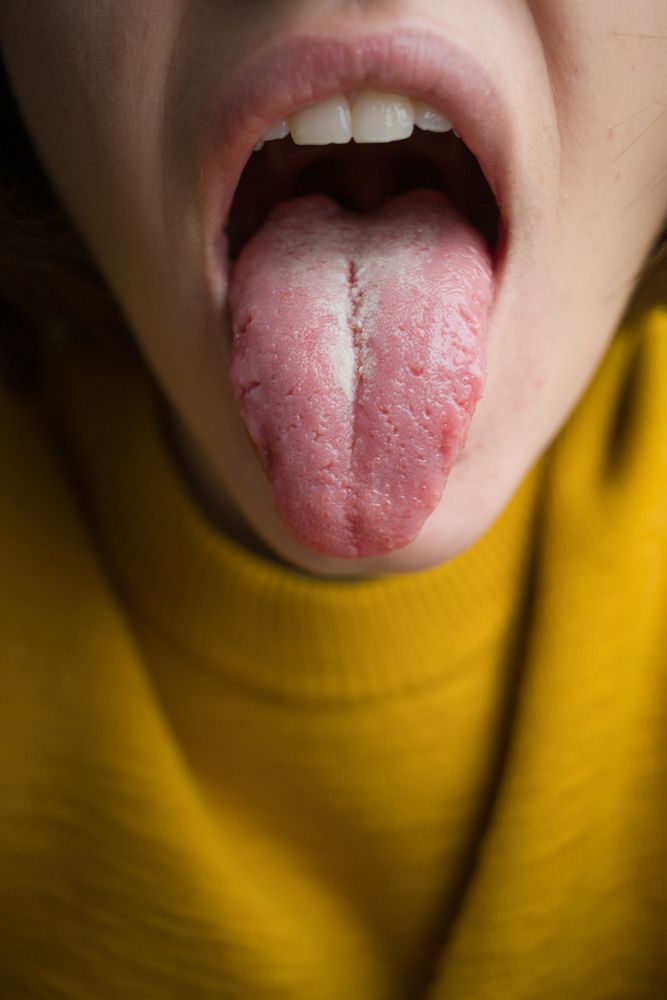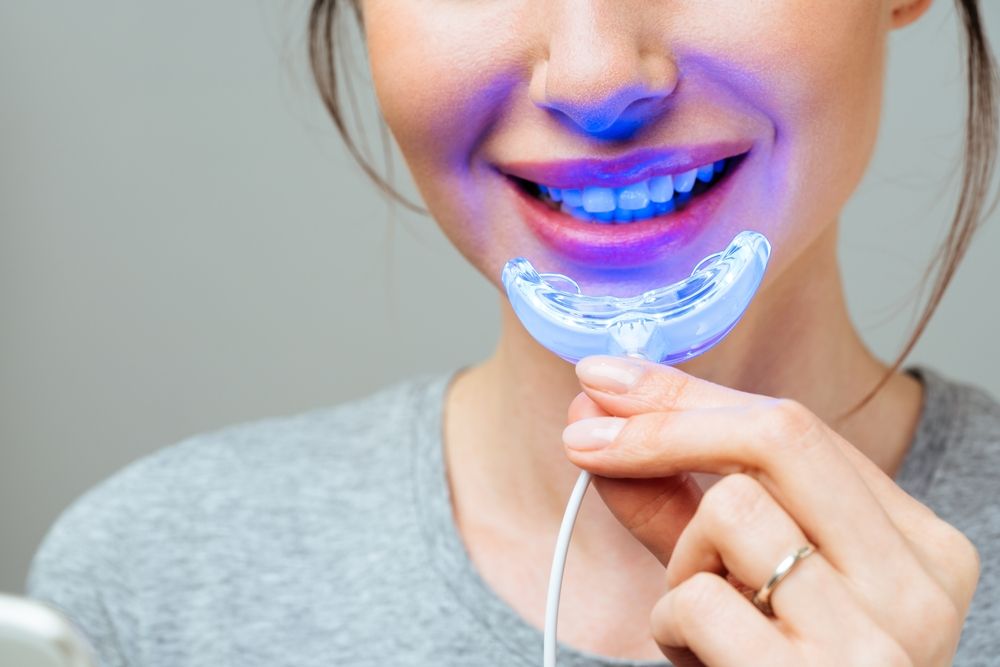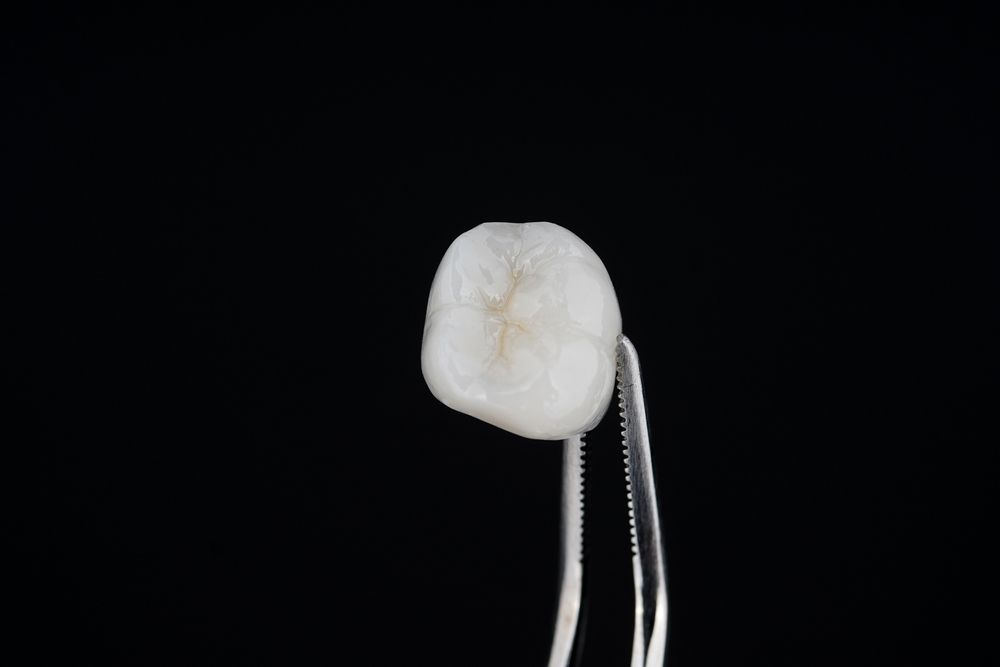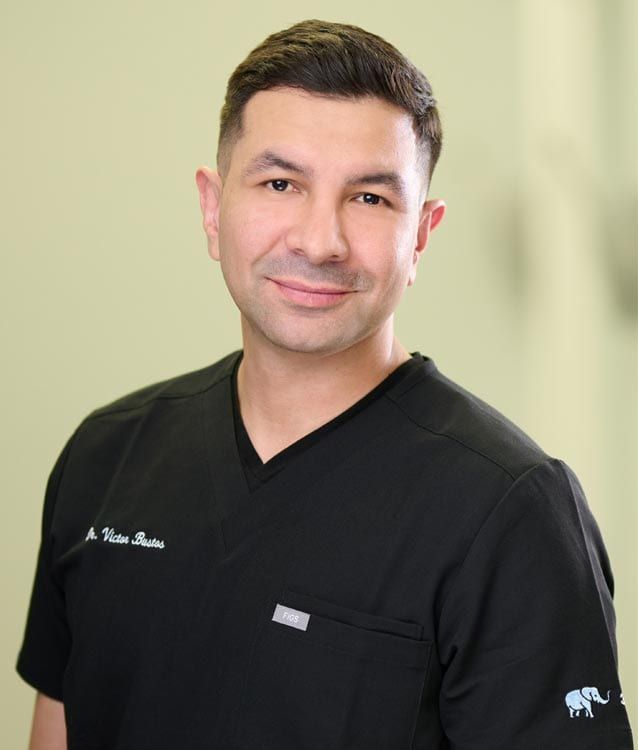There’s a lot to consider during your pregnancy regarding your health and that of the developing infant. One aspect of a new mother’s concerns that often goes overlooked is her dental health. The changes that are affecting their body as the baby grows can have an impact on every aspect of their overall health. An extra strain is placed on the mother’s resources in terms of vitamins, minerals, and the presence of pregnancy hormones can also result in unique dental challenges. The mother’s oral health is important to more than just her smile and comfort; it can also pose potential health risks for both mother and child.
Dental Concerns To Be Aware Of During Your Pregnancy
Every individual’s body responds differently to the rigors of pregnancy and the newly introduced levels of progesterone, estrogen, and testosterone. These hormones affect not just the mother’s body but also that of the developing child. The gums of the mother, in particular, can develop a form of inflammation tied to hormonal levels known as ‘gestational gingivitis.’ While this condition has the appearance of traditional gingivitis and shares many of its symptoms, its effects are not tied to the presence of bacteria. However, once present, gestational gingivitis can make the mother more susceptible to bacterial gingivitis and the more severe periodontal disease that can emerge from it.
Studies exploring dental problems experienced by women during pregnancy have produced concerning results. These studies suggest that children of women who have dental problems during pregnancy are more likely to have dental concerns themselves, including cavities. Some common dental conditions faced by women during pregnancy include:
- Periodontal Disease: The development of serious gum disease as a result of gestational gingivitis is a well-known phenomenon. Any signs of gingivitis, including puffy gums that are prone to bleeding, should be reported to your dentist prior to your projected birth date. There are measures they can take to ensure that your pregnancy is safer for the baby in the presence of these concerns.
- Enamel Erosion: Many women experience heightened levels of nausea during pregnancy, both as part of morning sickness and in general. This can result in greater incidents of vomiting which exposes the dental enamel to stomach acid on a frequent, sometimes daily, basis. This can open the way to the erosion of the enamel if measures aren’t taken to prevent it. It’s important to rinse your mouth out following an episode and again 30 minutes afterward to help reduce the impact of these acids.
- Tooth Decay: Pregnancy is often associated with higher levels of tooth decay for multiple reasons, including the result of certain food cravings that lead to higher sugar intakes. Combined with the symptoms of morning sickness, tooth decay can become a serious concern for pregnant women. Better snacking choices along with rinsing after episodes of nausea can go a long way to help these concerns.
- Vitamin Deficiencies: The extra demands placed on the mother during pregnancy can result in their not getting enough nutrients to maintain their health. The developing child will pull what it needs in preference to the health of the mother. This can lead to serious consequences if steps aren’t taken to avoid it, such as a proper diet and vitamin supplements.
Keeping these concerns in mind during your pregnancy can help you overcome the risks of dental health problems that often occur as part of your pregnancy.
Ensure Proper Dental Care During Your Pregnancy With Visits To Your Dentist
While seeing your dentist twice a year is essential to anyone trying to keep their smile beautiful and healthy, it’s even more important for women who are pregnant. It’s often advisable to add a third visit during your pregnancy to get guidance from your dentist as to whether additional care will be needed. If you’re already pregnant or contemplating becoming pregnant, it’s time to speak to your dentist and prepare for the journey ahead.






